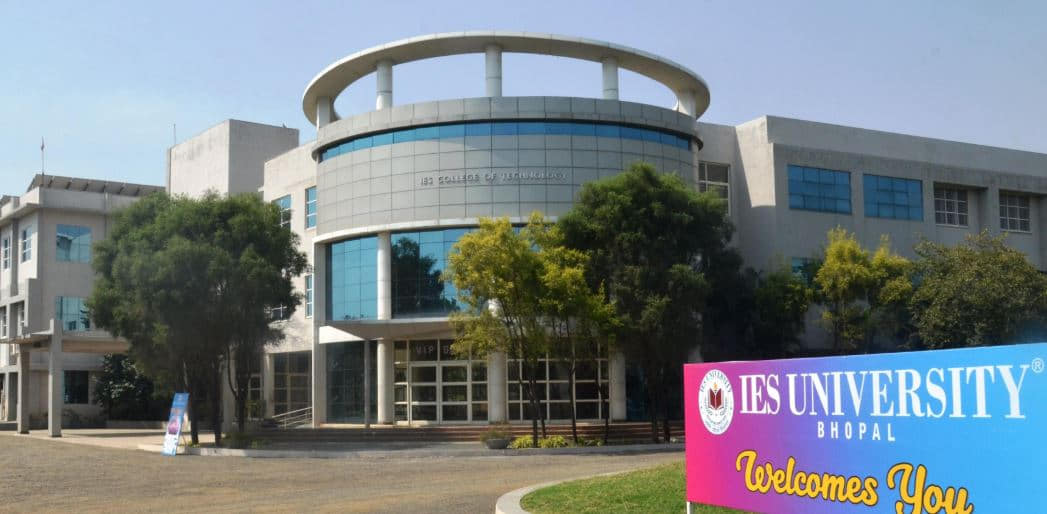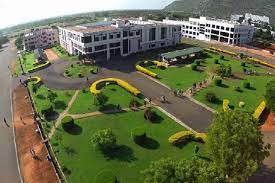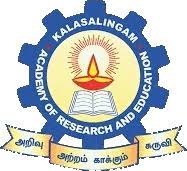The Ph.D. in Chemical Engineering is a terminal degree that prepares students for research careers in industry, academia, and government. The program focuses on research, so there are no formal course requirements. Instead, students design their own programs in consultation with an advisor and plan their courses to meet the required time limits for candidacy.
Not only do chemical engineers improve the health of people, but their work contributes to our infrastructure, food supply, and economy. Professionals with high-level technical skills are often sought after for their expertise in a variety of fields. Whether you choose to work in academia, government, or industry, you'll be able to advance materials and energy resources for our society.
Eligibility:
Candidates who want to take admission in Ph.D. must have a post-graduate degree in Chemical Engineering with at least 55% marks from a recognized university and must have passed the national level entrance examination or university level entrance examination. National level entrance exams like UGC NET / UGC CSIR NET / GATE / SLET or University entrance exam consisting of written tests and personal interviews.
The Benefits of a Ph.D. in Chemical Engineering
There are many advantages to pursuing a Ph.D. degree in chemical engineering, not the least of which is the opportunity to make a big impact in the world. A career in chemical engineering is an exciting prospect for people with a passion for solving complex problems and advancing science. Not only do chemical engineers improve the health of people, but their work contributes to our infrastructure, food supply, and economy. Professionals with high-level technical skills are often sought after for their expertise in a variety of fields. Whether you choose to work in academia, government, or industry, you'll be able to advance materials and energy resources for our society. Regardless of what area of study you're interested in, you'll learn the fundamentals of your field and how to apply them to vital research challenges.
The doctorate program is a rigorous program, and you'll need a master's degree in chemical engineering to be eligible to enroll. The Ph.D. program typically takes four or five years to complete and requires a mix of on-campus and online classes. You'll be required to submit transcripts, letters of recommendation, and a personal essay. You'll also need to take the Graduate Record Examination (GRE) test to qualify for the doctoral program.
Career and Job Option of Ph.D. in Chemical Engineering
A Ph.D. in chemical engineering will prepare you to be an independent researcher. By applying advanced experimental and analytical techniques, you will become a leader in the field. Afterward, you can pursue a career in academia, industry, or government research. You will also be well-prepared for a variety of careers, from a consultant to a professor. The average starting salary of a chemical engineering Ph.D. is between fifty thousand to five lakh Indian rupee per year, depending on the profession.
The impact of chemical engineers is significant, and the work they do is crucial to our economy, infrastructure, and food supply. As such, chemical engineers with advanced technical skills can lead innovation in a variety of fields. In addition to their academic career, they can also work in government, academia, and industry. The best part is that they can take their training and apply it to the most pressing problems facing society.
Future scope of Ph.D. in Chemical Engineering
As a Ph.D. graduate, you will be well prepared to work on projects that will be relevant to the field. There are a number of job possibilities in the chemical engineering field. In addition to designing and manufacturing processes, you may also work on large-scale manufacturing. In addition to designing and developing production plants, you may also contribute to the national infrastructure. For example, if you're interested in preventing cancer, you can become a process engineer.
If you'd like to make a difference in society, a Ph.D. in chemical engineering can help. It allows graduates to contribute to society by pushing the boundaries of science and bringing new technologies to the forefront of the industry. There are many high-level positions for Ph.D. in chemical engineering, including research, teaching, and more. The future of this field is bright and exciting. You'll be able to make a difference in many different industries, from food and beverage manufacturing to biotechnology.
The future scope of a Ph.D. in chemical engineering is diverse and exciting. A Ph.D. in this field can help you work in a variety of fields, from energy efficiency to environmental protection. As an engineer, you'll be able to apply your education to solve specific problems that come up in everyday life. And as an engineer, you'll have the opportunity to work on projects that benefit the world.
Course Duration
The Ph.D. Chemical Engineering courses are a minimum of 3 years and a maximum of 5 duration. This depends on the university offering the course.
Course Fees
The average fee for Ph.D. The Chemical Engineering degree is between INR 50000 and INR 500000.
 5 Years
5 Years
 PhD
PhD
 Research
Research

































 back
back